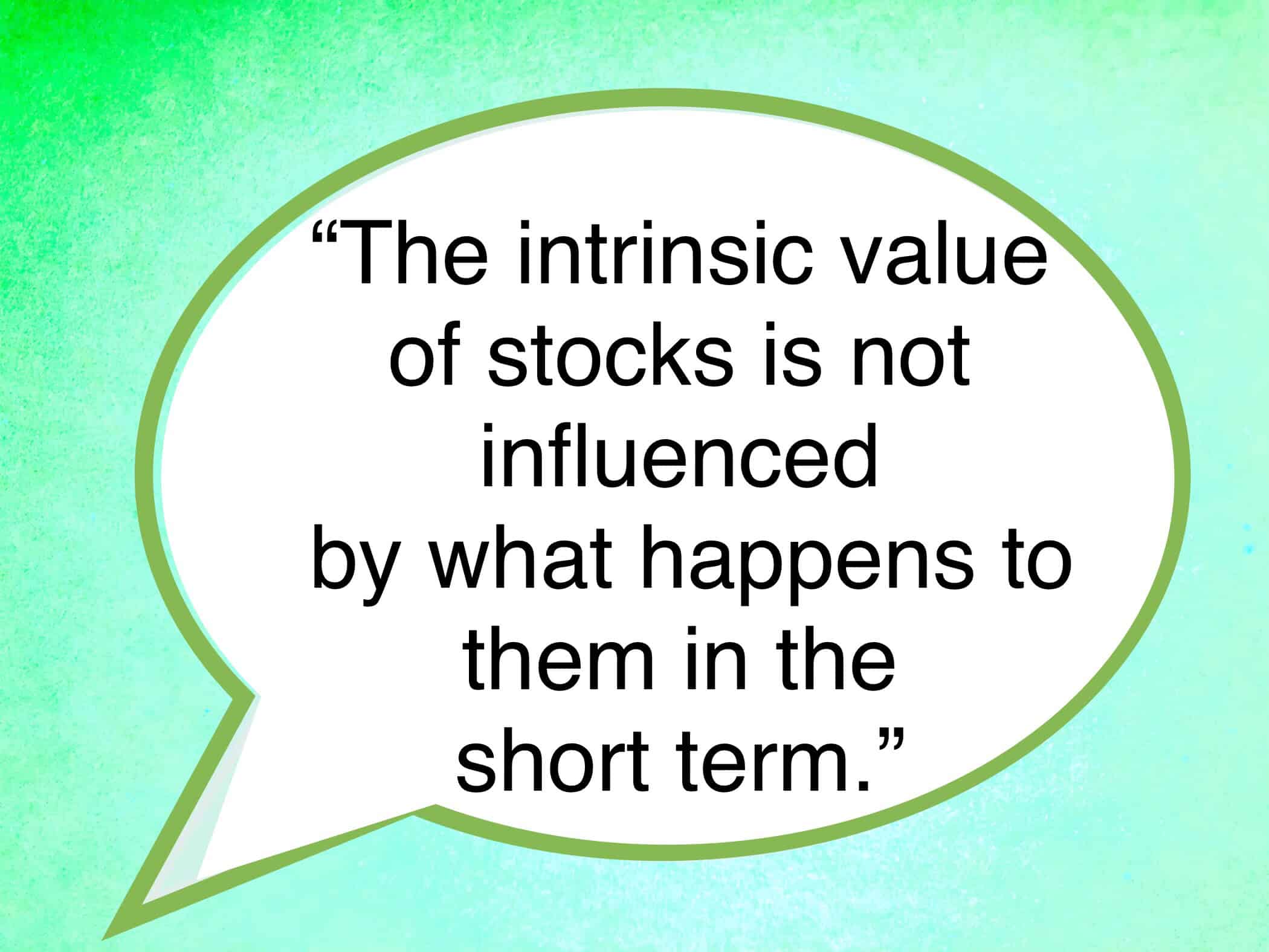Population and Social Characteristics
11 Jim Cramer Quotes Every 60-Year-Old Needs to Hear

Published:

Jim Cramer, a well-known figure in the world of finance, is recognized for hosting CNBC’s Mad Money. Cramer brings his signature blend of Wall Street experience and entertainment to the show, where he offers investment tips, stock picks, and market analysis in an accessible manner. Cramer’s investment strategy is characterized by his emphasis on thorough research, including fundamental analysis of companies and their financials, known as his buy and homework approach. As you approach retirement, being familiar with your finances is more important than ever. With that in mind, 24/7 Wall St. has created a list of 11 Jim Cramer quotes every 60-year-old needs to hear. Continue reading to discover how to gain control of your future.

Among the most respected voices on Wall Street, Jim Cramer’s advice regarding investments is easy to digest and implement. Cramer encourages a disciplined approach to investing, combining research, diversification, and a willingness to stay informed. As such, we at 24/7 Wall St. think he is a solid resource for those seeking financial advice.


Investing in the stock market is a long-term commitment. While short-term fluctuations and volatility are inevitable, the overall trajectory of the market tends to be upward. By taking a long-term perspective, investors can ride out temporary downturns. Long-term investing allows for market volatility and the opportunity to capitalize on the power of time in building wealth.




An index fund is a mutual fund designed to mimic the performance of a specific financial market, like the Dow Jones Industrial Average, Nasdaq Composite, and S&P 500, by holding the same securities in the same proportions. Investing in index funds is a sound strategy. Index funds allow for broader exposure in the market, which helps manage risk. They require minimal management and research, which translates to lower associated fees, which result in higher returns over time. Index funds offer simplicity and ease of use, making them accessible to novice investors, while still providing the potential for long-term gains.


Staying invested in a bear market is beneficial because bear markets are often followed by bull markets. Staying invested allows you to benefit from the eventual market recovery. Selling during a bear market will lock in losses, whereas holding onto investments provides the opportunity for their value to rebound. Continuing to invest in a bear market also offers advantages. By buying at lower prices during a downturn, you can position yourself for long-term growth. Maintaining a long-term perspective and sticking to a disciplined investment strategy can help investors weather the volatility of bear markets and achieve their financial goals.




Determining if a cheap stock is also a good stock requires research, or as Cramer calls it, homework. Factors such as the company’s financial health and growth potential, along with key financial metrics like earnings growth and debt levels inform the value of the stock. A cheap stock that checks all the boxes is potentially a good investment opportunity. But only after you do your homework.


Being an informed investor is critical to achieving long-term success in the stock market. Knowledge about financial terms and economic indicators, allows you to make informed choices, avoiding costly mistakes. There are several excellent resources available to educate yourself about investing. Consulting with a financial advisor, online platforms, and investing forums provide opportunities for learning from others’ experiences.


To help boost your financial fun meter, consider investing in companies that cater to your hobbies and interests. Set goals and celebrate them once achieved. Join investment clubs or online communities where you’ll connect with like-minded folks. Keeping abreast of current economic trends and policies increases your understanding of the market and promotes sound purchases that will alleviate your stress in the long run.






The difference between focusing solely on price and understanding the underlying value of an investment is paramount to success playing the market. Price represents what one pays for an asset. However, the true value of the asset lies in its fundamental earnings potential, growth prospects, and intrinsic worth. While price fluctuations are inevitable in the short term, understanding the underlying value of a stock allows you to make informed decisions based on long-term sustainability and growth potential. Ignoring value in favor of price alone can lead to misguided investments driven by short-term trends. As Jim Cramer would tell you, the best way to determine the value of a stock is through educating yourself. Now, go do your homework!
The last few years made people forget how much banks and CD’s can pay. Meanwhile, interest rates have spiked and many can afford to pay you much more, but most are keeping yields low and hoping you won’t notice.
But there is good news. To win qualified customers, some accounts are paying almost 10x the national average! That’s an incredible way to keep your money safe and earn more at the same time. Our top pick for high yield savings accounts includes other benefits as well. You can earn up to 3.80% with a Checking & Savings Account today Sign up and get up to $300 with direct deposit. No account fees. FDIC Insured.
Click here to see how much more you could be earning on your savings today. It takes just a few minutes to open an account to make your money work for you.
Thank you for reading! Have some feedback for us?
Contact the 24/7 Wall St. editorial team.